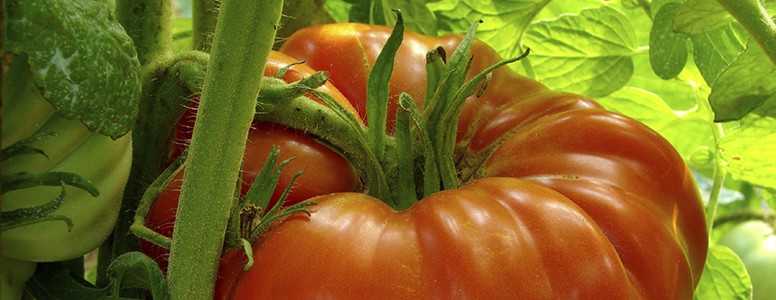Genetically modified tomatoes packed with plant chemicals could help combat diabetes, heart disease and cancer, according to a new study.
Researchers at the John Innes Centre, Norwich, have been experimenting with GM tomatoes to provide a more cost-effective way of producing valuable medicinal compounds. Tomatoes are cheap to grow, and up to 500 tonnes per hectare can be harvested in some countries.
Two particular compounds have been experimented with: resveratrol and genistein. Resveratrol is a compound found in grapes, peanuts and berries. It is reported to lower blood glucose, prevent insulin resistance, protect the heart and lower cholesterol. Genistein is a soybean compound that has been linked to protecting against breast cancer.
One GM tomato contained 50 times the amount of resveratrol as a bottle of wine, while another produced the same amount of genistein as 2.5 kilograms (five pounds) of tofu.
The researchers introduced a protein called AtMYB12 to the tomatoes, which is found in thale cress, a garden weed. This boosted levels of phenylpropanoids in the tomatoes. Phenylpropanoids are a family or organic compounds that increase the range of plant chemicals.
Specific enzymes with encoded genes were added to switch on production of resveratrol or genistei, and the researchers believe this technique could be used to form the basis of more medicines.
Co-author Dr Yang Zhang, John Innes Centre, said: “Our research provides a fantastic platform to quickly produce these valuable medicinal compounds in tomatoes. Target compounds could be purified directly from tomato juice.
“We believe our design idea could also be applied to other compounds such as terpenoids and alkaloids, which are the major groups of medicinal compounds from plants.”
Professor Cathie Marti, also from the John Innes Centre, added: “Our work will be of interest to different research areas including fundamental research on plants, plant/microbe engineering, medicinal plant natural products, as well as diet and health research.”
The findings were published in the journal Nature Communications.
What's new on the forum? ⭐️
Get our free newsletters
Stay up to date with the latest news, research and breakthroughs.








